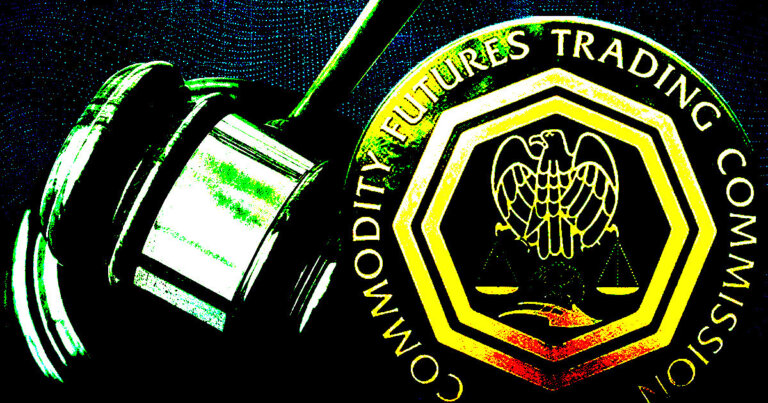 CFTC chair Rostin Benham deems Ethereum, stablecoins to be commodities
CFTC chair Rostin Benham deems Ethereum, stablecoins to be commodities CFTC chair Rostin Benham deems Ethereum, stablecoins to be commodities
Rostin Benham's statements were made before senators and as an indirect response to the SEC.

Cover art/illustration via CryptoSlate. Image includes combined content which may include AI-generated content.
CFTC chair Rostin Benham said that various digital assets, including Ethereum and stablecoins, are commodities during a hearing on March 8.
Rostin Benham on ETH, stablecoins
During a hearing before the Senate Agriculture Committee, Benham said:
“I’ve made the argument that Ethereum is a commodity…it’s been listed on CFTC exchanges for quite some time.”
Benham said that this provides a “jurisdiction hook” for the CFTC to regulate derivatives markets trading ETH as well as any underlying market.
He said that any Ethereum futures products that have been listed on a platform under the purview of the CFTC have only been done so with its approval.
Benham also commented on stablecoins, stating:
“I agree … that stablecoins are and should be … regulated financial instruments. Not withstanding a regulatory framework arounds stablecoin, they’re going to be commodities in my view.”
Benham said that the company specifically determined that Tether was a commodity after scrutinizing it. He said that it decided it needed to move “swiftly” to police the company, leading to a $42.5 million settlement in late 2021.
Statements counter SEC chair
Benham made those statements in response to questions from Sen. Kirsten Gillibrand (D-N.Y.) during a hearing before the Senate Agriculture Committee.
Gillibrand posed those questions so that Benham could provide a counterpoint to previous statements from Gary Gensler, chair of the U.S. Securities and Exchange Commission. Gensler recently argued that most crypto assets are securities.
When Gillibrand suggested that this could produce a “competition” for oversight, Benham explained that exchanges and designated contract markets can seek approval from the commission or engage in self-certification. He said that the latter option moves responsibility to the CFTC and the exchange itself and involves “deep legal analysis.”
Gensler has also suggested that the CFTC could take on a greater regulatory role, meaning that Benham’s comments are not incompatible with Gensler’s.

























































